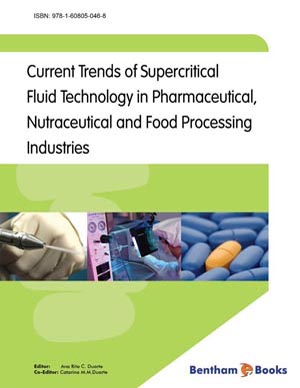Abstract
There has been a recent plethora of studies uncovering the newly discovered physiological and pharmacological effects of vitamin D. With an increasing recognition of hypovitaminosis D worldwide, there is much interest to address the clinical significance of vitamin D deficiency and identify the most optimal regimen to replenish the body stores through supplementation. With our growing understanding of the non-mineral/bone activities of vitamin D, such as its effects on immune system, cancer and cardiovascular disease, there is a need to establish the optimal means of assessing vitamin D sufficiency and deficiency, the amount of vitamin D needed for optimal body function and how much vitamin D supplementation is required among individuals. As vitamin D is a pre-hormone that can both be synthesized in the body and obtained from the diet, there are challenges in deriving a recommendation. In addition, the amount of vitamin D present in the body is also influenced by factors such as aging, skin pigmentation, concomitant interacting medications and renal disease. For now, 25(OH)D is commonly used to determine vitamin D body stores in studies and clinical practice. This chapter seeks to discuss the issues surrounding vitamin D supplementation in the light of these new findings and address the concern over the vitamin D deficiency with the view that “more vitamin D is not necessarily better”.
Keywords: Adequate intake (AI), autoimmune diseases, bone health, cancer, estimated average requirement (EAR), 25(OH)D recommendations, 25(OH)D as a biomarker, recommended dietary allowance (RDA), tolerable upper intake level (UL), U.S. Institute of Medicine (IOM), vitamin D toxicity.



















